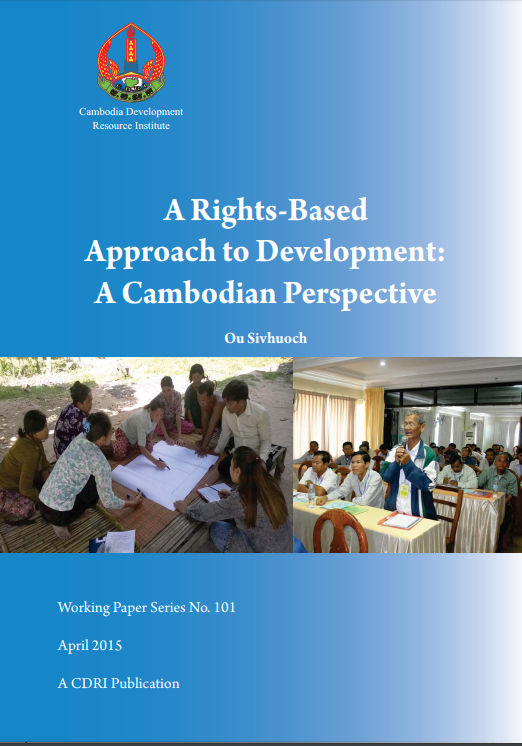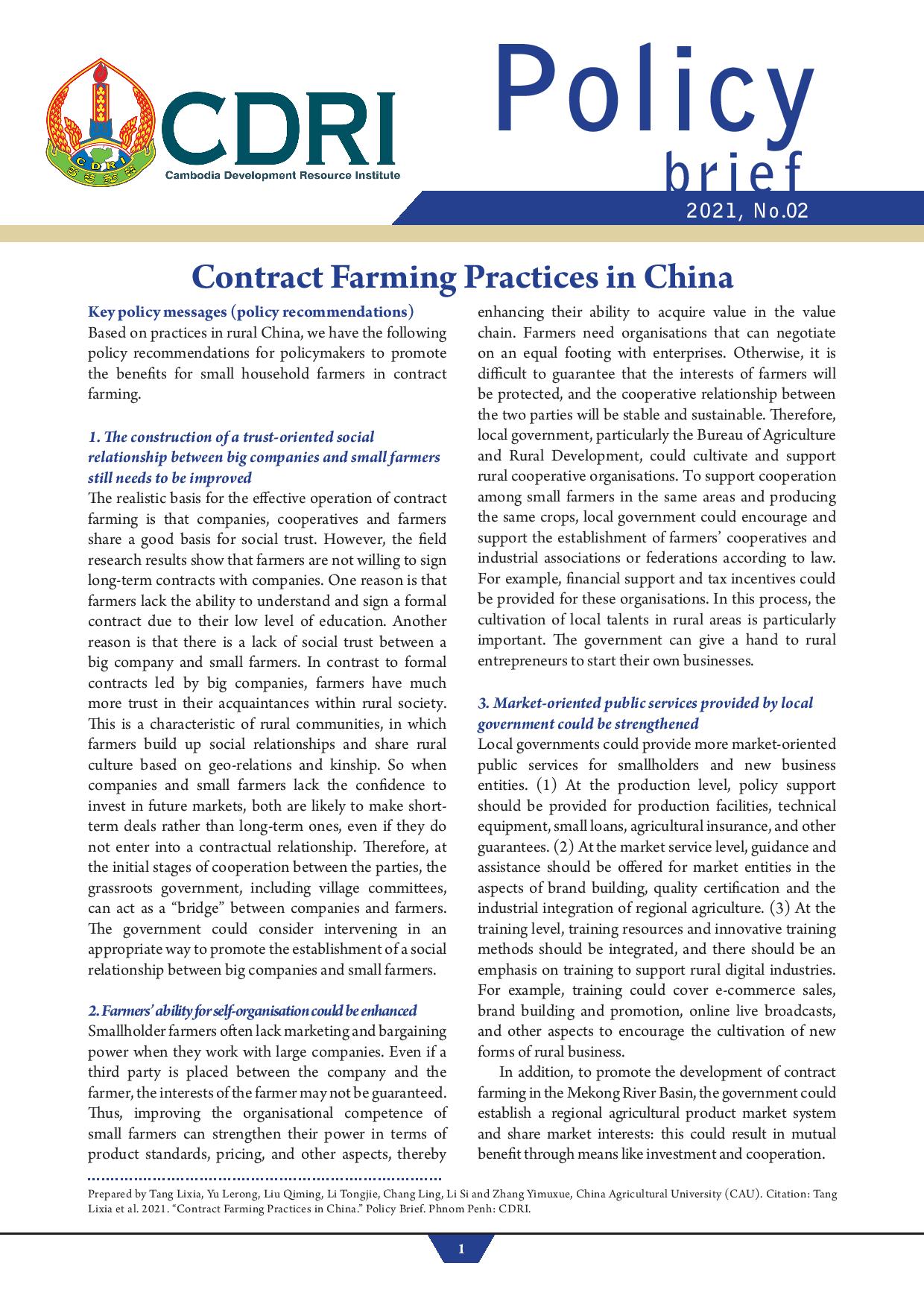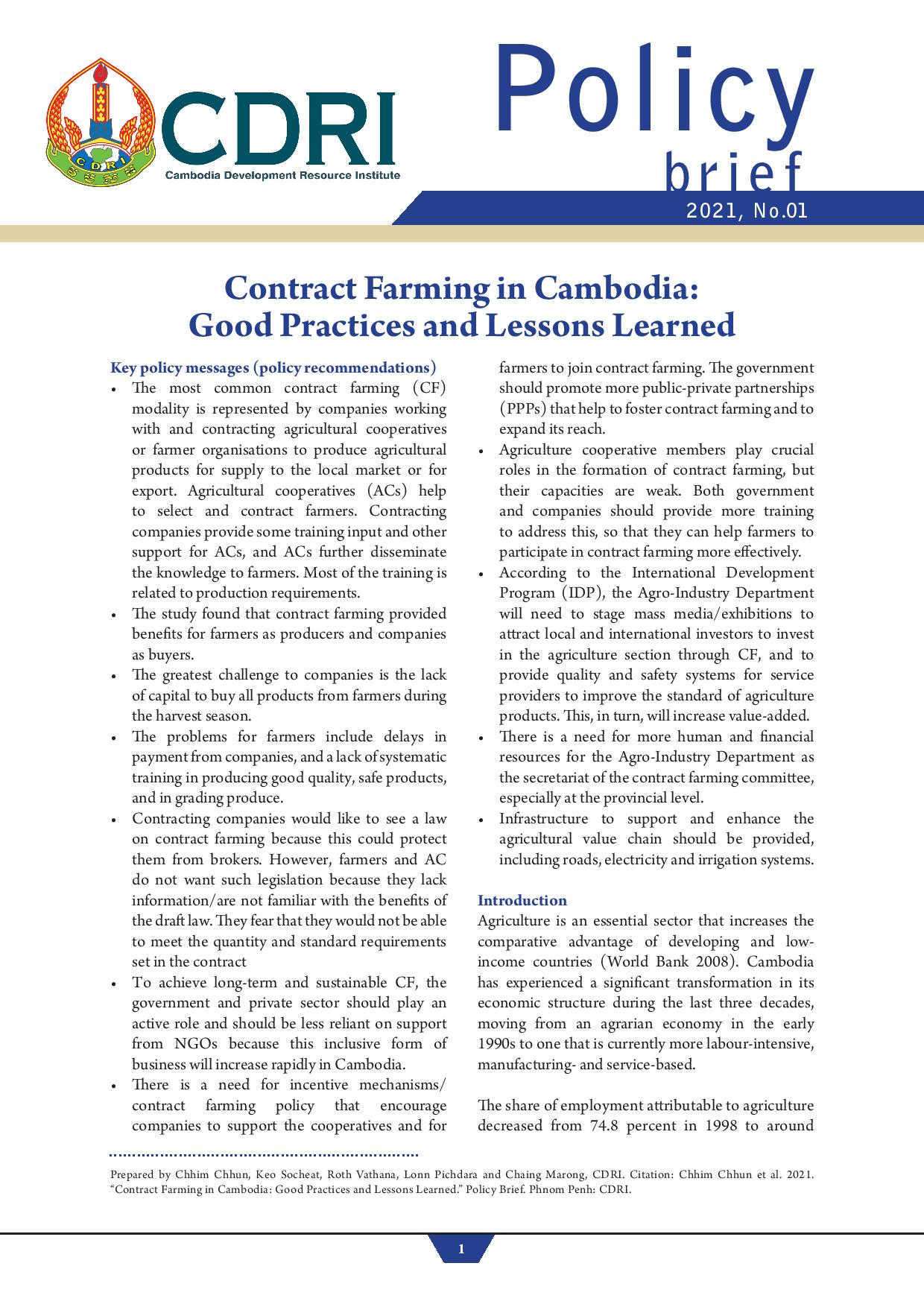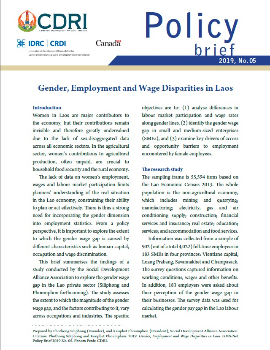
A Rights-Based Approach to Development: A Cambodian Perspective
Keyword: Rights-based approach, human rights and development, NGO empowerment, socio-economic rights, power dynamics
Abstract/Summary
The rights-based approach (RBA) to development emerged as a new and relatively authoritative paradigm, starting from the late 1990s. At its core is the argument that human rights and development converge and, unless the socio-economic rights of the poor are attained, poverty cannot be alleviated. Its approach is to shift NGOs’ strategy from providing charity to empowering the poor politically so that they are able to claim their rights. Recently, major bilateral and multilateral donors and international non-government organisations have been gradually adopting the approach. Significant resources are channelled to support RBA. The influential trend has swept the Global South widely, including Cambodia; several donor agencies and international NGOs in the country have increasingly implemented RBA. Thus far, there is thin literature documenting the potentials and pitfalls of the approach, specifically for NGOs in Cambodia. This paper, using the concept of power, provides feasible suggestions for the adoption of RBA. It takes seriously that power is entrenched in Cambodian administrative, social and international donor structures. Therefore, for a long-term perspective, an adjusted version of RBA is advocated. It needs to consider seriously deep-rooted power, adopting a gradual rather than a radical approach of attempting hastily to remove power from the state and give it to the poor. The paper then challenges a stream of RBA debates pressing local NGOs and their donors rapidly to adopt purely politicised projects and abandon conventional service provision. Local NGOs and their donors should not disregard service delivery swiftly but integrate rights into services. The analysis is based upon consultation with a wide range of comparative literature and interviews conducted between 2009 and 2013.



